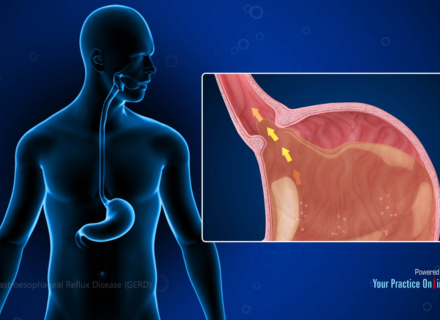Gastroesophageal reflux disease (GERD) is a prevalent but serious illness that impacts millions of people globally. Lifestyle modifications and medications are effective for symptom control, but more advanced cases can necessitate surgery. When you’re weighing the option for surgery, selecting appropriate gastroesophageal reflux surgeons is essential for effective treatment as well as recovery. The following information should be considered before making your decision.

Understanding GERD and When Surgery is Needed
GERD is when stomach acid regularly moves back into the esophagus, irritating and injuring it. Although mild cases are manageable with medication and diet modification, severe cases may result in complications like:
- Chronic esophagitis
- Strictures (esophageal narrowing)
- Barrett’s esophagus (a precancerous lesion)
- Risk of esophageal cancer
When the symptoms worsen and the medication is no longer working, surgery is an option. This is where gastroesophageal reflux surgeons come in to offer long-term relief.
Types of Surgical Procedures for GERD
Prior to selecting a surgeon, it’s essential to know the various surgical procedures that can be performed:
- Laparoscopic Nissen Fundoplication – The most prevalent procedure, where the upper stomach is wrapped around the lower esophagus to stop acid reflux.
- LINX Reflux Management System – A less invasive procedure where a small magnetic ring is placed around the esophagus to manage reflux.
- Transoral Incisionless Fundoplication (TIF) – A newer method done through the mouth without needing external cuts.
Every procedure has its advantages and disadvantages; therefore, meeting with an experienced gastroesophageal reflux surgeon will assist you in making the right decision.
Key Points to Keep in Mind When Selecting a Surgeon
-
Experience and Skill
- Choose a surgeon who has expertise in GERD and plenty of experience carrying out reflux surgeries.
- Verify their success rate, patient feedback, and surgical success.
-
Sophisticated Surgical Methods
- A competent surgeon should have expertise in both conventional and laparoscopic procedures.
- Robot-assisted surgeries provide greater precision and faster recovery.
-
Hospital Affiliation and Facilities
- Select a surgeon who is affiliated with a well-known hospital with cutting-edge technology.
- Postoperative care and emergency services must also be conveniently available.
4 . Patient-Centered Approach
- A trustworthy surgeon will invest time to diagnose your condition in detail, describe treatment options, and discuss possible risks.
- Patient support and clear communication are important for a successful outcome.
Post-Surgery Recovery and Care
Proper care following surgery is needed to facilitate an easy recovery. Some of the general post-surgical instructions are:
- Following a liquid or soft diet for the first time
- Not lifting heavy objects and doing strenuous work
- Following follow-up visits for observation
- Reporting any signs of complications like difficulty in swallowing or ongoing pain
A skilled gastroesophageal reflux surgeon will give detailed aftercare instructions to facilitate your efficient recovery.
Conclusion
Selecting the proper gastroesophageal reflux surgeon can have a direct effect on your treatment outcome and overall well-being. By looking at their experience, offered procedures, and patient-friendliness, you can make a well-informed choice. If you suffer from severe GERD symptoms, seeking advice from an experienced specialist such as Dr. Ali Al Dameh can be your starting point to permanent relief and enhanced quality of life.

Leave a Reply